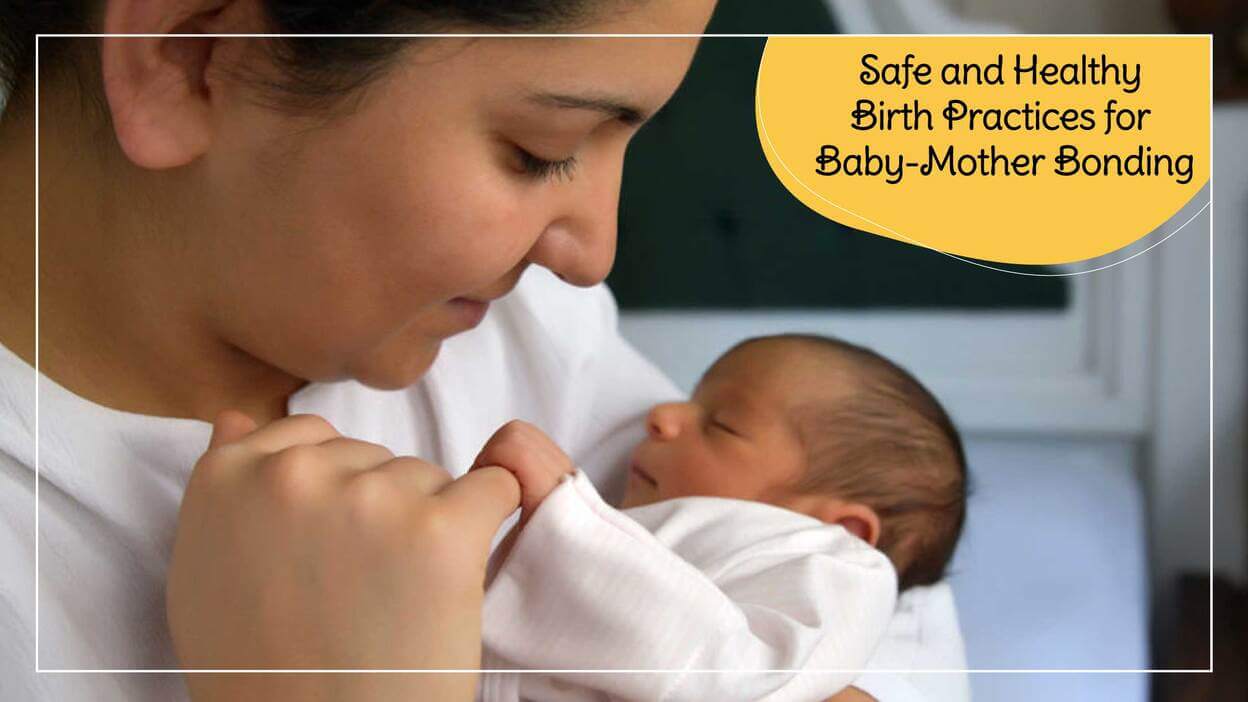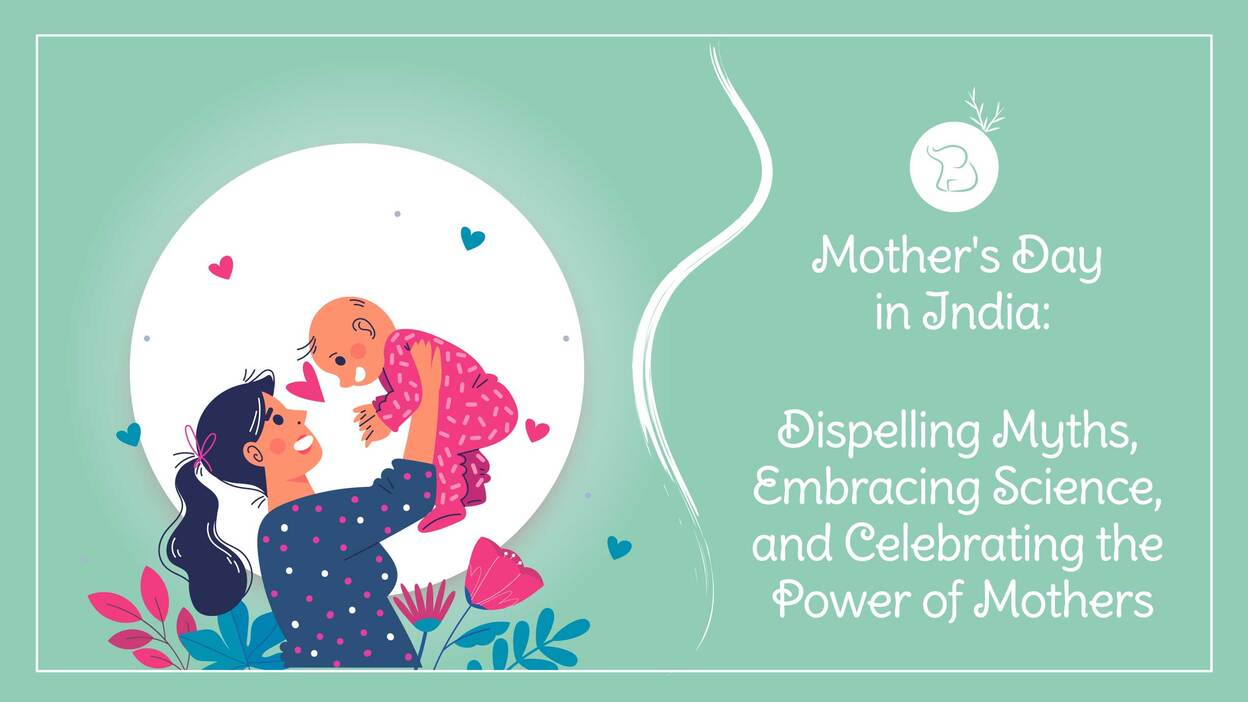Premature birth, also known as preterm birth, is a significant concern in India, affecting a substantial number of babies each year. Understanding the facts and dispelling common myths surrounding this topic is crucial for raising awareness and promoting better maternal and neonatal healthcare. In this blog post, we will present fast facts about premature births in India, debunk common myths, and provide relevant references to support the information shared.
Fast Facts on Premature Births in India:
- Prevalence in India:
India has one of the highest numbers of premature births globally, accounting for an estimated 3.5 million premature births annually.
Preterm birth rates vary across different states in India, influenced by factors such as socio-economic conditions, healthcare infrastructure, and access to quality prenatal care.
- Causes of Premature Birth:
Multiple factors contribute to premature births in India, including inadequate prenatal care, maternal malnutrition, infections during pregnancy, high blood pressure, gestational diabetes, and teenage pregnancies.
Socio-cultural factors, such as early marriages and lack of awareness about the importance of prenatal care, also contribute to the high prevalence of premature births.
- Health Challenges for Premature Babies:
Premature infants in India often face health complications such as respiratory distress syndrome, low birth weight, jaundice, sepsis, and feeding difficulties.
Limited access to neonatal intensive care units (NICUs) and specialized medical interventions further exacerbate the challenges faced by premature babies.
- Long-Term Health Outcomes:
Premature infants in India may experience long-term health issues, including developmental delays, cognitive impairments, visual or hearing impairments, and a higher risk of chronic diseases later in life.
Early identification, prompt interventions, and access to early intervention programs can significantly improve the long-term outcomes for premature infants.
Debunking Common Myths:
- Myth: Premature birth is solely caused by maternal lifestyle choices.
Fact: While lifestyle factors such as smoking, substance abuse, and poor nutrition can contribute to preterm birth, several other factors, including socio-economic conditions and inadequate healthcare, play a significant role in India.
- Myth: Premature birth is always preventable.
Fact: While efforts can be made to reduce the risk of premature birth through improved prenatal care, it is not always preventable. Many cases occur without a known cause, making early detection and management critical.
- Myth: All premature babies will have severe disabilities.
Fact: While premature babies are at a higher risk of certain health complications and developmental issues, not all will experience severe disabilities. With appropriate medical support, early intervention services, and nurturing care, many premature infants in India can lead healthy lives.
References:
Indian Journal of Pediatrics. (2018). Incidence, Risk Factors, and Outcomes of Preterm Birth: A Longitudinal Perspective Study in Rural Maharashtra, India. [Link: https://link.springer.com/article/10.1007/s12098-017-2579-6]
National Health Portal of India. (2018). Premature Birth. [Link: https://www.nhp.gov.in/disease/child-health/premature-birth]
Conclusion:
Premature births are a significant health concern in India, requiring increased awareness and action. By understanding the facts and debunking common myths surrounding premature births, we can promote better maternal and neonatal healthcare practices. Improved access to quality prenatal care, enhanced healthcare infrastructure, and early intervention programs are crucial to reduce the burden of premature births and improve outcomes for premature babies in India.



